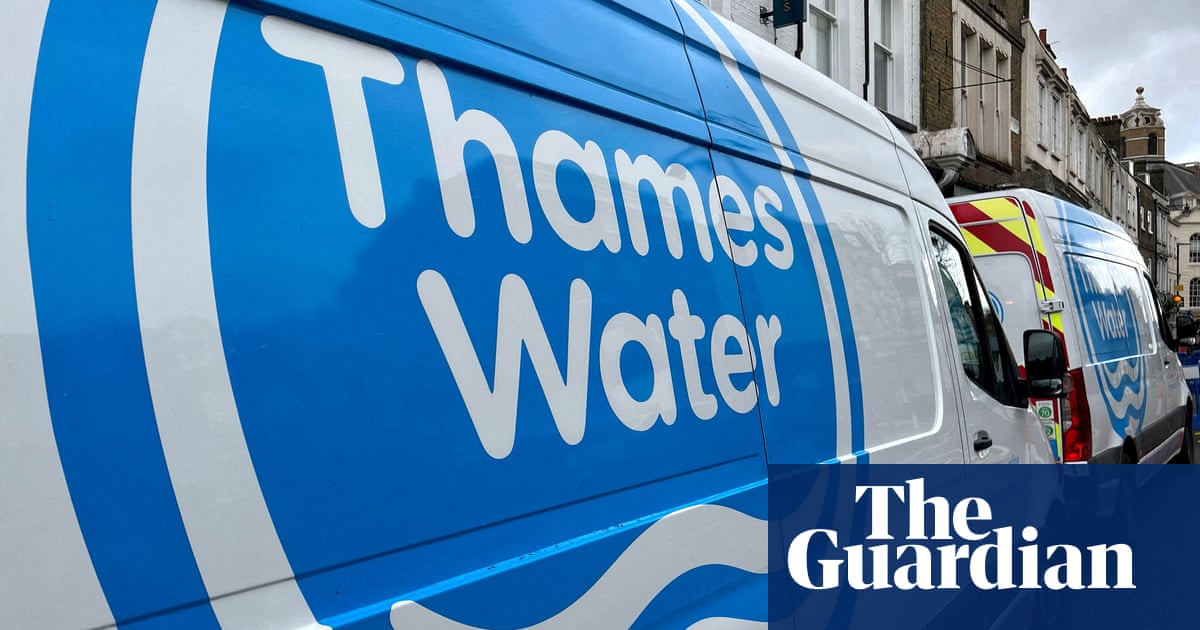The UK government has reportedly approached multiple restructuring advisers for the role of special administrator for Thames Water if the troubled utility falls into bankruptcy.
Teneo, Interpath and EY are among the companies contacted by the government as it prepares contingency plans should Britain’s largest water company be forced into nationalisation, the Financial Times reported, citing people familiar with the process.
Thames Water, which provides water and sewerage services to 16 million customers in London and south-east England, has been teetering on the edge of collapse for months as it struggles under a £15bn debt pile.
A special administration regime, or SAR, would take the company into temporary government ownership in order to ensure that vital water supplies continue to function even if the company becomes bankrupt. The government previously appointed Teneo to run the SAR for Bulb, an energy company that collapsed in the aftermath of Russia’s invasion of Ukraine.
It is understood that the government has not reached the stage of carrying out formal interviews with consultancies over special administration.
Thames Water is trying to secure £3bn in emergency funding to stave off imminent collapse, plus at least £3.25bn more in equity investment after that to prevent its collapse.
London’s high court will decide in February if the company can proceed with the £3bn plan. That plan, which is favoured by Thames Water, has the backing of 90% of one group of existing creditors to the utility.
The company has until 18 February to decide whether to appeal to the Competition and Markets Authority against a limit on bill increases by the sector regulator, Ofwat. Before Christmas, Ofwat announced that Thames Water could raise bills by 35% by 2030, although the company argues that is not enough for it to return to a sustainable footing.
Thames has become the most prominent object of public anger over the state of Britain’s waterways, amid widespread disgust over the discharge of sewage into rivers and seas.
The company was also fined £18.2m in December for paying “unjustified” dividends, even as it seeks to raise more cash after its previous investors wrote down the value of their stakes to zero.
after newsletter promotion
It also raised ire from clean water campaigners earlier this month for threatening to raise the salaries of top executives if it is banned from paying bonuses by regulators.
The FT quoted an unnamed official who said the government is “ready now” for special administration “if we had to”. The same official reportedly said the possibility of temporary nationalisation is the “strongest lever that we as government can have to make sure that another market-led, private-led solution is found”.
EY and Teneo declined to comment. Interpath and Thames Water were approached for comment. The Department for Environment, Food and Rural Affairs and the Department for Business and Trade were approached for comment.








